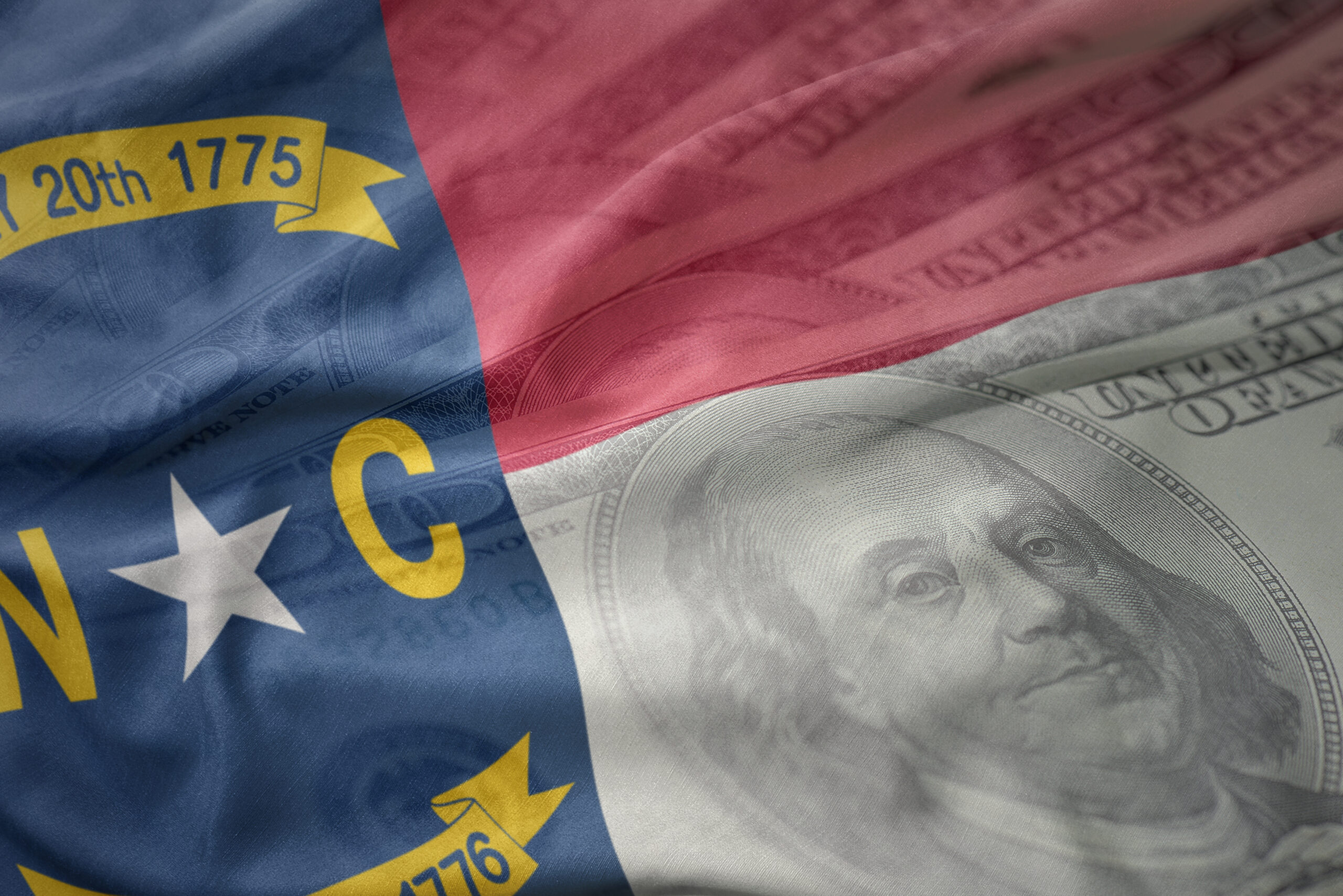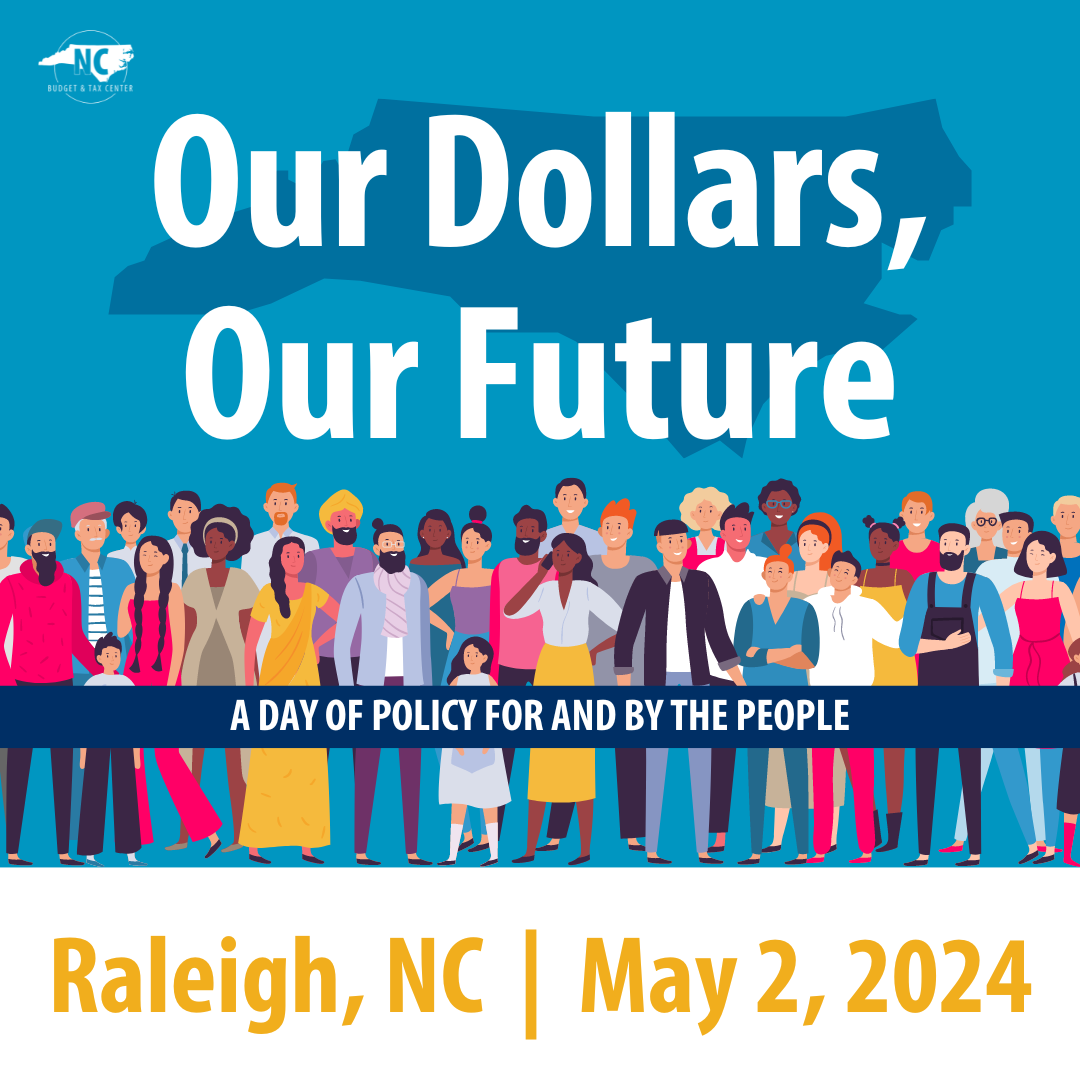
NC jobs up and inflation still slowing, but rising interest rates are cause for caution
It’s been another confounding several weeks for folks trying to make sense of where the economy is headed. With economic indicators telling different stories and the fastest bank collapse in U.S. history just a few weeks behind us, North Carolina needs to invest in protecting workers from a potential slowdown.
First, today’s state employment report showed continued growth. North Carolina added around 32,000 jobs in the first two months of 2023, continuing a nearly uninterrupted streak of monthly job gains dating back to the first few months of the pandemic. That puts North Carolina nearly 260,000 jobs above pre-pandemic levels, and the unemployment rate dipped to 3.6 percent.
That’s all good news, but today’s jobs figures don’t capture any fallout from recent upheaval in the banking system.
The collapse of two regional U.S. banks had financial markets in a tizzy over the past few weeks. The sudden collapse of Silicon Valley Bank (SVB) garnered the most attention as the largest bank failure since Washington Mutual imploded in 2008. SVB fell in the face of an unprecedentedly fast bank run, fueled by panic among many tech companies and their venture capital investors. Banking regulators eventually stepped in to guarantee deposits and take over the bank in an effort that appears to have prevented a chain reaction from undermining the banking sector, at least for now.
Uncertainty in the banking sector raise questions about whether the Federal Reserve should continue to raise interest rates to get inflation under control or pause to let the dust settle. Two days ago, we got the Federal Reserve’s answer.
Persistent inflation and a job market that added 311,000 jobs nationwide in February were enough for the Federal Reserve to continue pushing up interest rates in an effort to cool the economy. Even with the aforementioned turmoil in the banking sector, the Fed’s Open Market Committee raised the federal target rate by another quartter percent on Tuesday.
Inflation continues to slow, but not as quickly as our pocketbooks or the Federal Reserve might like. The most recent data out earlier this week showed nationwide prices inched up by 0.4 percent in February, down slightly from the previous month and well below the highs we saw during middle part of last year. Prices in the South were up 6.4 percent over the past 12 months, still significantly higher than the Federal Reserve’s target of 2 percent annual growth.
So what to make of all of this?
It’s no time to continue policy changes that could undermine our state’s ability to respond to an economic slowdown. Tax cuts for rich people and profitable corporations already built into law by the budget passed in 2021 create a structural risk for working people. We need to have the resources to help working people weather a recession, and with many state agencies and schools already critically short-staffed, North Carolina risks being unready for even a mild recession.
Let’s hope it doesn’t come to that, but better to be prepared and not need it than to be caught off guard simply so we can continue to give tax cuts to people who are going to be just fine regardless of what happens with the labor market.


